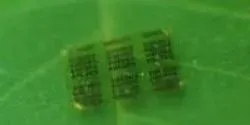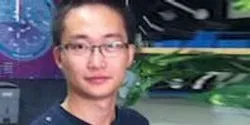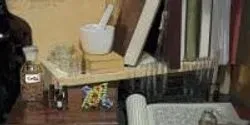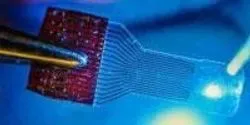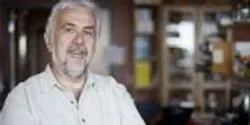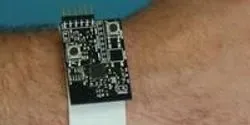All by University of Wisconsin-Madison
Filter by
AllArticlesAudioEbooksEventsInfographicsNewsProductsSurveysDocumentsVideosVirtual EventsWebinars
For University of Wisconsin-Madison plastics engineer Tim Osswald, the Wisconsin Idea is about taking the extra step: taking research out of the lab.

Scientists have demonstrated the potential for softwoods to process more easily into pulp and paper if engineered to incorporate a key feature of hardwoods. The finding, published in this week's Proceedings of the National Academy of Sciences, could improve the economics of the pulp, paper and biofuels industries and reduce those industries' environmental impact.

The University of Wisonsin-Madison said in a statement that the lab was not closed due to animal rights activists.

Scientists recently disclosed a new method to convert lignin, a biomass waste product, into simple chemicals. The innovation is an important step toward replacing petroleum-based fuels and chemicals with biorenewable materials, says Shannon Stahl, an expert in "green chemistry" at the University of Wisconsin-Madison.
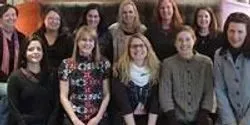
Tracey Holloway was a postdoctoral researcher at Columbia University in 2002, Ph.D. from Princeton University freshly in hand, when she and five colleagues teamed up to create an informal support network for other women in their field.
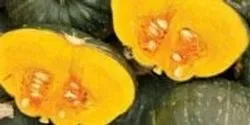
University of Wisconsin-Madison plant scientists intend to employ some highly sophisticated instruments to evaluate new varieties of organic vegetables: the palates of the people who produce or prepare them for discerning customers.
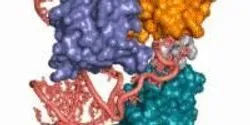
A grandfather clock is, on its surface, a simple yet elegant machine. Tall and stately, its job is to steadily tick away the time. But a look inside reveals a much more intricate dance of parts, from precisely-fitted gears to cable-embraced pulleys and bobbing levers.

